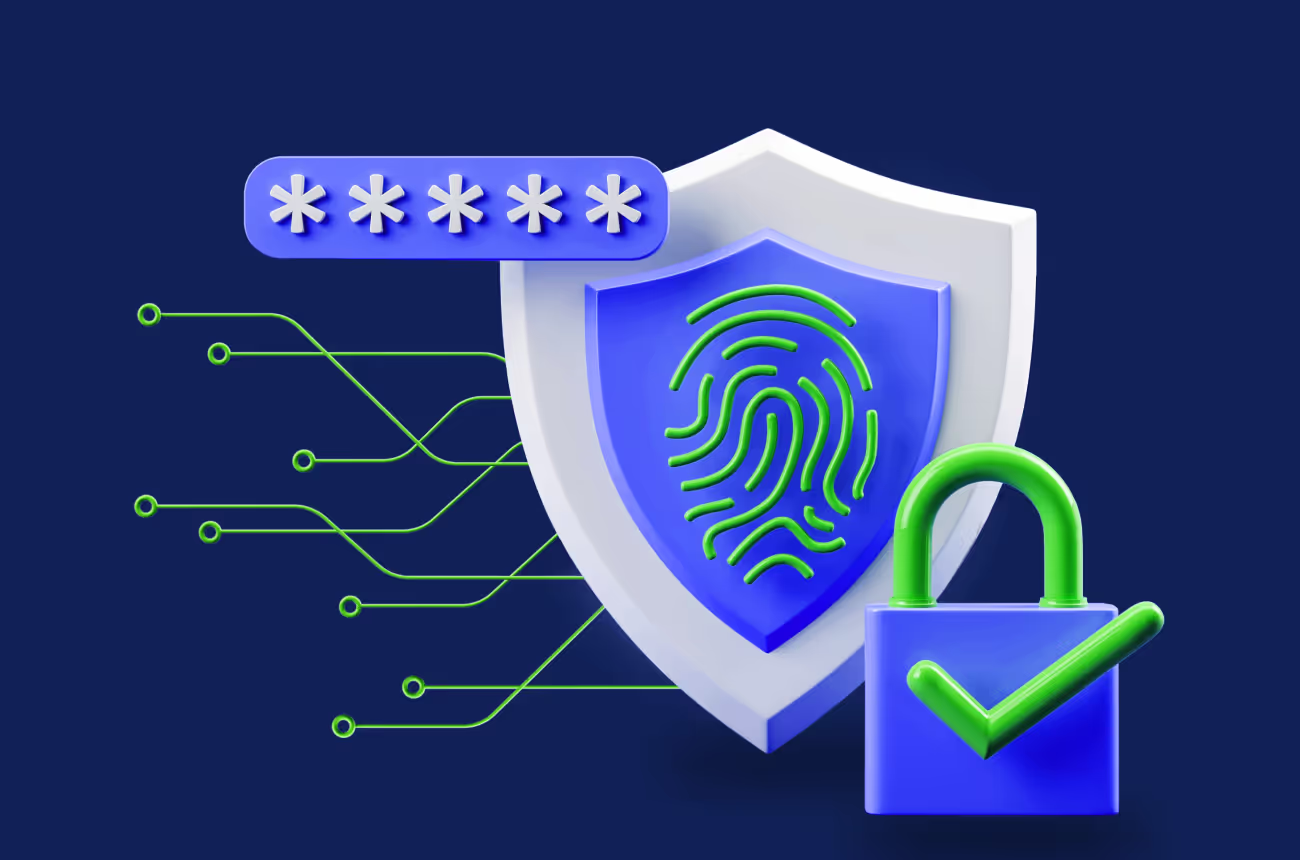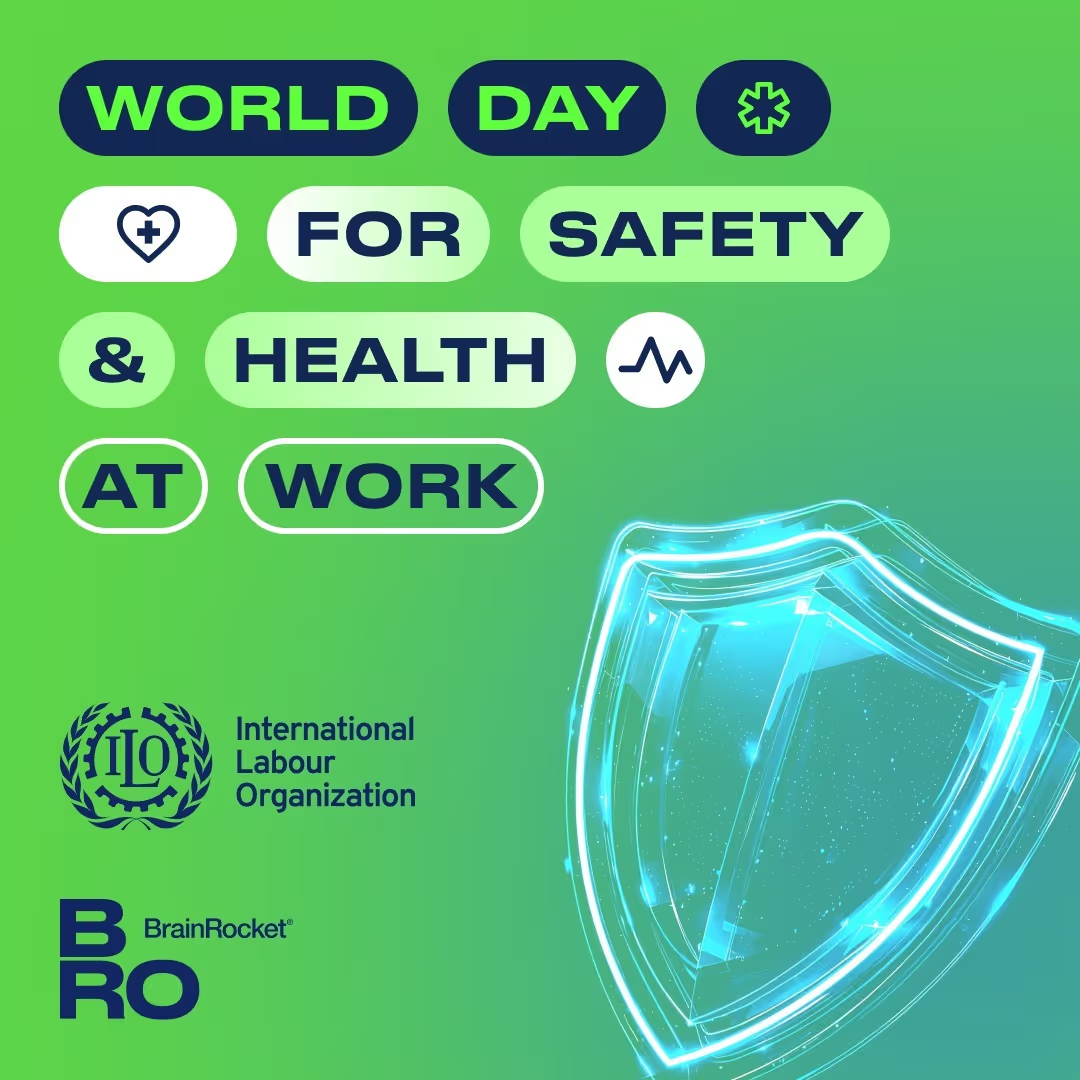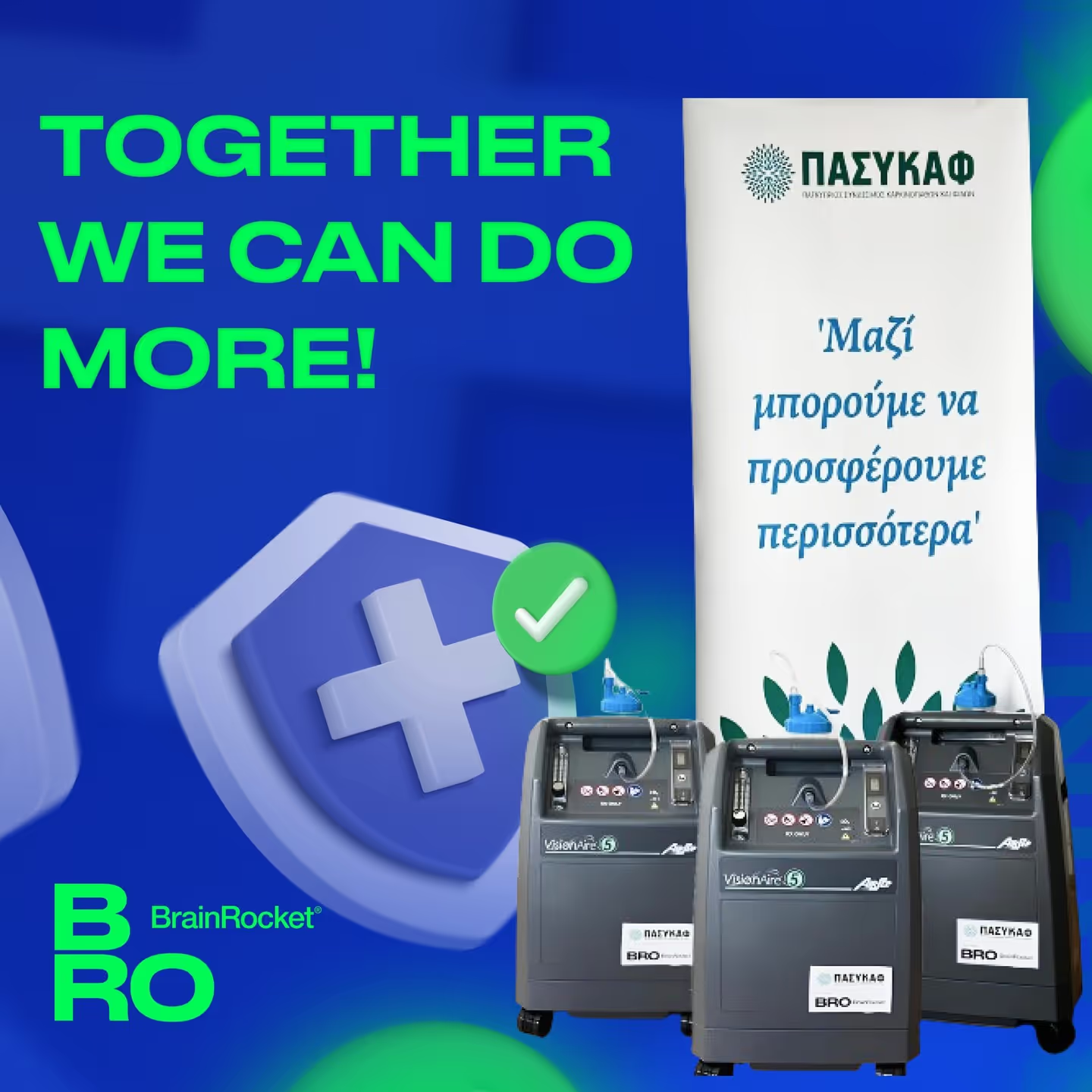Nowadays, the number of people working from a home office either full-time, part-time, or just on occasion is increasing rapidly. There are far more remote working opportunities than there have been in the past, particularly after the pandemic.
Hence, the number one issue in this case is security, against cyber attacks. Even if you are using a computer provided by your employer, there still are measures that are left up to you.
Secure Your Internet
It’s important to make sure that your Internet connection is protected by hardening your wiring with conduit that cannot be easily cut. Your Wi-Fi can also “leak” outside of the walls of your home. So it is key to do the following before connecting to the network:
- Change the router admin username and password
- Change the network name (SSID)
- Activate WPA2 encryption
- Reboot your router regularly to initiate router updates that could include enhanced security features.
- Turn off guest networks
- Update the router firmware
- Turn off WPS (the button on the router that allows connection)
Passwords / Biometrics for Phones
This needs its own section because although it’s obvious to have passwords on your work laptop, it is also vital that the data from phones is thoroughly protected via a password. Remote workers should also use a wide array of biometric features like a fingerprint scanner, etc when available.
Implementing two-factor authentication is also very useful and important in this case. This is because a lost or stolen phone with no password or biometrics is an open door to your systems.
Secure Mobile WiFi Access
Although logging into the company system from open mobile WiFi during lunch is a quick and convenient way to stay connected, it is also very insecure. Most public Wi-Fi hotspots do not offer encryption. It is also wise to assume that these networks are somehow compromised or designed only to steal your information. Ways to get around this include using a VPN when connecting to public Wi-Fi hotspots, or connecting via cellular.
Secure your privacy with a VPN
If you are using your own computer for remote work, get a VPN to secure your connection and encrypt your data. With a VPN like nordVPN or HidemyASS, your web traffic cannot be accessed by anyone else. This is also a particularly good way to improve the security of public Wi‑Fi networks.
However, using free VPNs does not guarantee strong protection. The safest thing is to use your own VPN server and your own encryption keys.
Use Mobile Antivirus Tools
In this day and age, there are various apps that encrypt your browser session from your smartphone. They also often provide useful features like easy backup and tracking of lost or stolen phones. You can even wipe your lost or stolen phone’s data remotely. Another solution is turning off Autofill which prevents a lost or stolen phone from inadvertently helping the perpetrator.
Similarly, not logging out of apps after each use leaves open access to password protected sites. So although it might seem tedious to log out of apps every time you are not using them, it is a fundamental step to take to ensure a level of security.
Lastly, you should avoid installing applications from untrusted sources, as well as installing all sorts of strange applications on your mobile phone that can be dangerous, like advertising apps, etc.
Back up Digital Documents
Going paperless and keeping digital documentation is a great way to eliminate waste, but you must make sure that those assets are thoroughly secure.
It can be detrimental to your organization or your personal security to lose important documentation. This can include invoices, contracts, employee files, non-disclosure agreements and so on. So you must make extra copies on a separate server so that you can access the information in the event that the original documents are compromised.
Apply Software Updates
The IT team must ensure that remote employees have up-to-date software on their devices at all times. Applying updates promptly is essential in order to manage business technology risks that may occur.
Beware of Phishing Scams
Phishing scams primarily aimed at stealing personal details and login credentials are regularly sent to work emails. It is better safe than sorry.
If you get emails from suspicious addresses, or emails containing any suspicious links or attachments, avoid opening them at all costs. If you are not expecting an email for a particular coworker, it is helpful to confirm with them if they sent an email, as it could easily be someone on the outside who is impersonating them. If your employer’s email system has a way to report phishing emails, use it.
BrainRocket takes cybersecurity very seriously and employs top notch systems to ensure the highest possible level of security for employees. It is important for remote workers to take the next step to ensure that they are not compromised in this respect.































































































